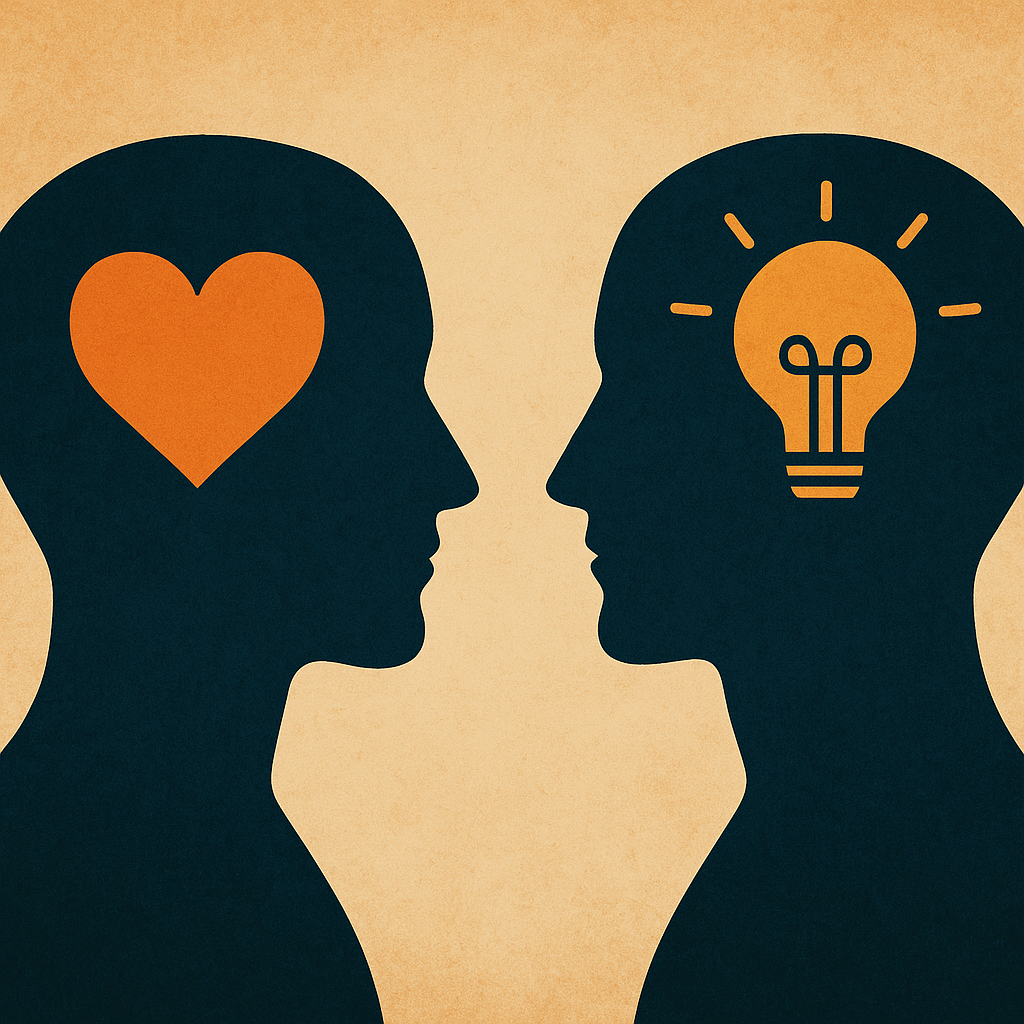Technical skills open doors. Emotional intelligence keeps them open. In every industry, the professionals who rise fastest are not always the most technically gifted. They are the ones who understand people — how to listen, influence, and manage emotions under pressure.
I once worked with a technical expert whose knowledge was unmatched. His analysis was flawless, but meetings with him were dreadful. He dismissed questions, ignored feedback, and alienated collaborators. Eventually, his projects stalled, not because of technical failure but because nobody wanted to work with him. He was brilliant but isolated. The organisation quietly replaced him with someone competent and emotionally intelligent. Results improved overnight.
Emotional intelligence, or EQ, is not about being nice. It is about awareness — of self, of others, and of context. This involves understanding the situation, recognising feelings, and acting accordingly while staying true to yourself. It is what turns expertise into influence.
Professionals with high EQ manage tension constructively. They listen before they speak. Their goal is to understand intent first, then defend their position. They know when to challenge, when to pause, and when to let others take credit. This emotional agility earns trust. Trust multiplies effectiveness.
Technical skills can be learned quickly. Emotional intelligence develops through reflection and feedback. The most self-aware people invite criticism and study their reactions. They treat emotional missteps as data. Over time, they become the people others rely on in crises — calm, fair, and focused.
The future of leadership belongs to emotionally intelligent professionals. As automation takes over technical tasks, what remains human is empathy, judgement, and communication. These are not soft edges; they are hard advantages.
Key Takeaways
- Emotional intelligence sustains influence beyond technical ability.
- Self-awareness and empathy convert competence into collaboration.
- EQ determines trust, and trust drives execution.
- Technical mastery without emotional maturity isolates talent.
- The next era of leadership will be defined by emotional agility.
Try This
After your next disagreement, summarise the other person’s perspective before explaining yours. It feels awkward but transforms the tone immediately. Observe how the conversation changes when understanding precedes persuasion.
Closing Thought
If you have ever seen a genius fail through arrogance, share this. Emotional intelligence is not soft. It is the hardest skill in modern business.




